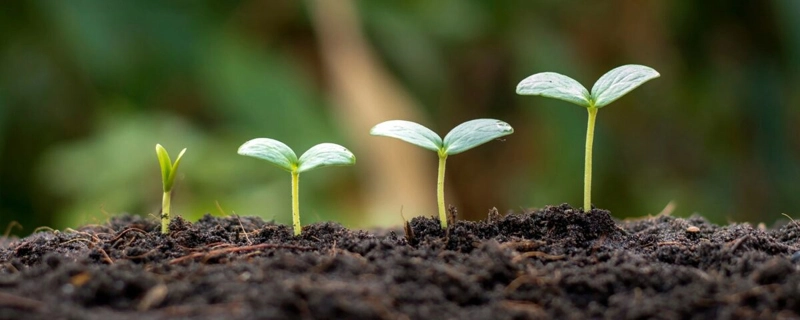The world faces a crucial challenge: feeding an ever-growing population without depleting the natural resources on which we depend.
Sustainable agriculture is emerging as the answer to this dilemma. But its implementation is not without obstacles.
The need to produce food efficiently must go hand in hand with protecting soils. The most valuable resource for agricultural activity.
Conventional agriculture, with its dependence on monocultures, pesticides, and chemical fertilizers. It has achieved short-term production increases, but at a high cost to the environment.
Soil degradation, water pollution, and biodiversity loss are just some of the consequences of these unsustainable practices. Soil is reduced to a mere support for plants. Losing its regenerative capacity and natural fertility.
Also sustainable agriculture, on the other hand, seeks an approach that considers soil health as a fundamental pillar. Practices such as crop rotation, the use of organic fertilizers, and minimum tillage not only improve soil quality. But also reduce dependence on external inputs, reduce erosion, and promote biodiversity.
In essence, sustainable agriculture recognizes the interconnectedness between soil, plants, animals, and humans. Seeking a balance that enables long-term food production.
However, the transition to sustainable agriculture requires changes in farmers’ mindsets. Investment in research and development that incentivizes sustainable practices, and a commitment from consumers.
Cuba has already enacted an Agroecology Law, which supports the work that has been underway in the country for years regarding the agroecological transition of farms and other settings. Dedicated to food production, processing, marketing, and consumption.
Examples such as the use of biopesticides, composting, and biological pest control are alternatives the country has adopted in response to the shortage of inputs. Despite economic limitations, it has managed to maintain crop diversification and the use of sustainable soil management techniques.
However, challenges persist. Lack of access to advanced technologies and the limited availability of certain resources hinder the expansion of sustainable agriculture on a large scale.
Sustainable agriculture is not a passing fad, but an imperative to guarantee the future of humanity. The challenge involves not only adopting new agricultural practices but also changing the way we consume and produce food.
By: Miguel David Bruzón Hernández
- Holguin Develops Electrical Strategy to Protect Vital Services - 24 de February de 2026
- Listening to your favorite music activates the brain’s opioid system - 24 de February de 2026
- Foreign Minister Calls Fuel Blockade Against Cuba Criminal - 24 de February de 2026

